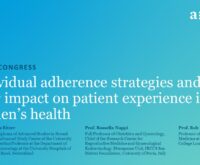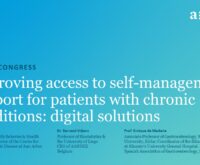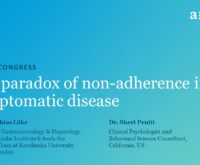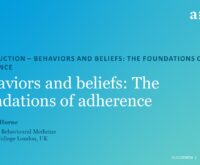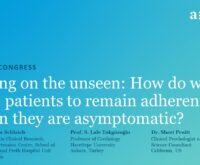Global session: Welcome and congress introduction
Professor John Weinman and Dr. Matthias Mueller open the congress by introducing the challenges adherence poses to global health and highlighting the innovative potential that dialogue between behavioral science and clinical practice offers. Speakers Prof. John Weinman Dr. Matthias Mueller

